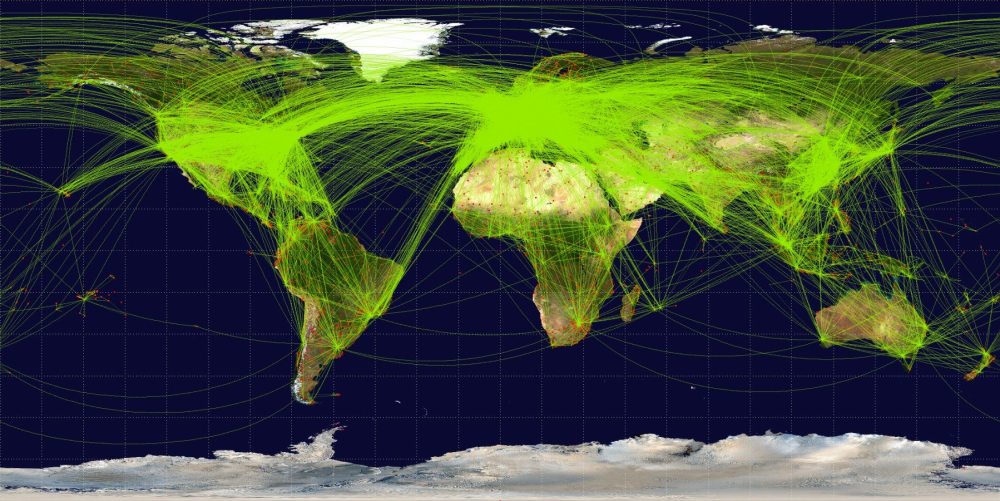
Not to, you know, pick a loaded question or anything, but does immigration benefit cities, countries, businesses and schools by creating a rich melting pot of ideas, or does diversity born of immigration make it hard for people in these organizations to find common ground, leading to generalized badness? You can bet that psychologists and sociologists and economists and political scientists have been hot on this question’s trail. Wouldn’t it be lovely if there were an undiscovered data trove sitting on some dusty hard drive that allowed us to quantify the effect of diversity?
For you and me, this data doesn’t really exist. Or at least it exists only piecemeal in thousands of studies strewn throughout Google Scholar. But researchers at the Center for Economic Studies (CES) have their fingers in dark data that is hidden from the rest of us. The CES is like the “Intel inside” for the U.S. Census Bureau, poking around in big data to produce, among other things, reams of research papers meant to enrich the Census Bureau’s understanding of its own numbers. On January 20th, one of these papers was published. It has the catchy title “Immigrant Diversity and Complex Problem Solving” and is by Abigail Cooke of SUNY Buffalo and Thomas Kemeny of the University of Southampton.
The conspiracy-inducing “dark data” mentioned above is the confidential Longitudinal Employer-Household Dynamics (LEHD) numbers. Basically, if you work, LEHD knows where you were born, where you worked and what you were paid. This let the researchers discover how wages change in companies and cities along with the percentage of its immigrant population. Because they count getting a raise as a proxy for strong worker productivity, LEHD let them see how diversity affects productivity.
And the answer is!…It’s all a big mess of conflicting data. Actually, it’s not exactly conflicting. Diversity born of an immigrant population is associated with higher wages (i.e. higher productivity) across the board. But it’s like betting the mechanical horses at an arcade: Diversity spurs some businesses to far outpace the pack while others seem stuck in their stall, with seemingly no reason for one’s speed and another’s sloth.
That is, until you put on the right goggles. If you remember the title of this paper, you may already be reaching for the right lens. It’s the lens of complex problem solving. This pair of data-rectifying goggles is built from another set of statistics, namely The Bureau of Labor Statistics’ Occupational Employment Statistics (BLS OES) and the U.S. Department of Labor’s O*NET database. Using these two, the researchers were able to “produce a set of measures capturing the intensity of complex problem solving in each industry.”
In case you want to know, here are the top five and bottom five industries in terms of complex problem solving:
1. Computer Systems Design and Related Services
2. Software Publishers
3. Computer and Peripheral Equipment Manufacturing
4. Architectural, Engineering, and Related Services
5. Scientific Research and Development Services
. . .
287. Clothing Stores
288. Shoe Stores
289. Postal Service
290. Consumer Goods Rental
291. Health and Personal Care Stores
Put on your goggles. Notice what happens: organizations that require complex problem solving in a collaborative environment are goosed by diversity. Those in which this skill isn’t required or in which complex problem solving is done in isolation aren’t harmed by diversity, but they don’t benefit much either.
Also notice that what we’re talking about here are STEM jobs. The researchers write that “diversity at the establishment level augments wages, but the size of the coefficient is again more than double among workers engaged in STEM activities.” This is especially true “among those whose work is additionally intensive in social interaction,” the paper writes.
Is immigration good or bad? Is diversity in general good or bad? If your goal is productivity and wage growth, especially in a business that requires complex problem solving, this paper puts a thumb on the good side of the scale.




